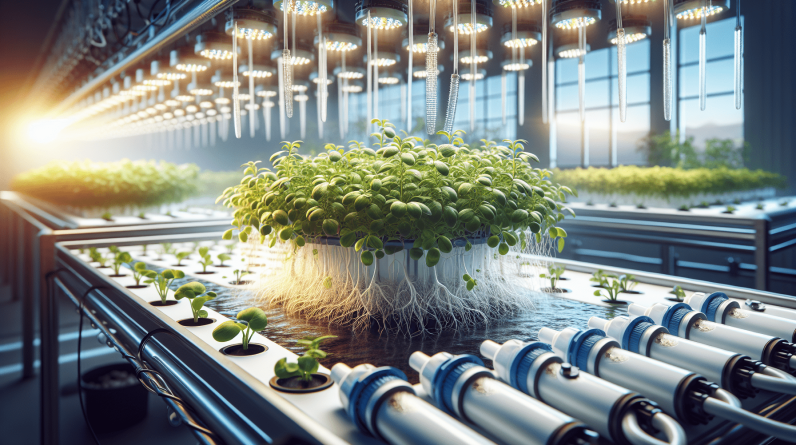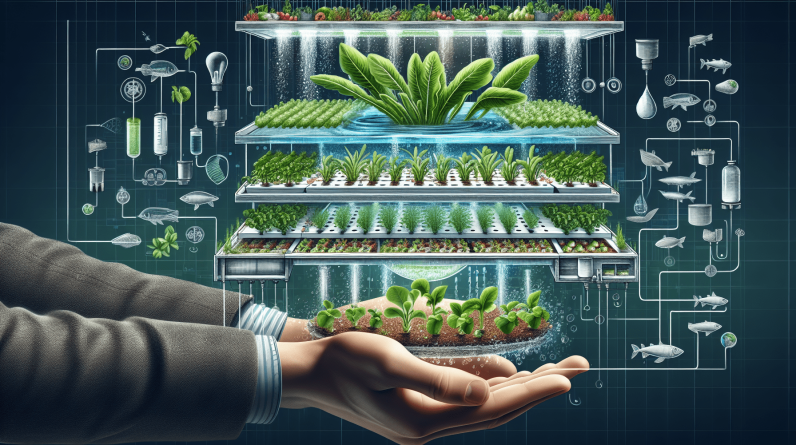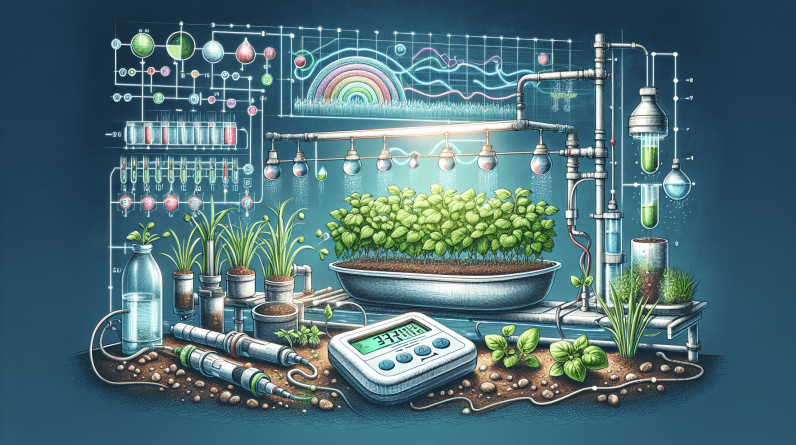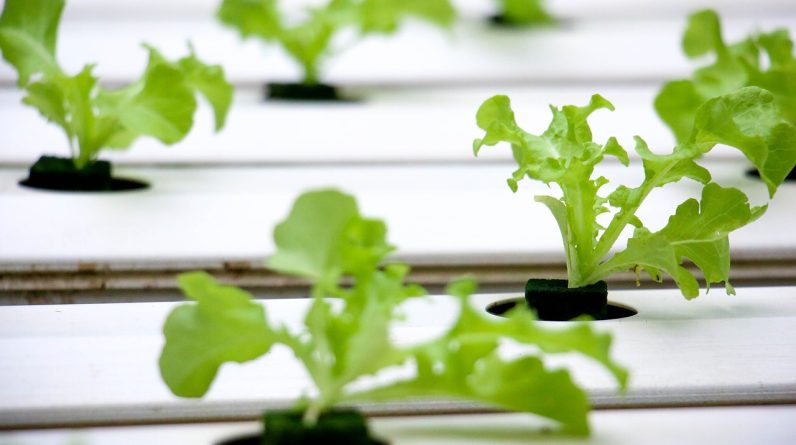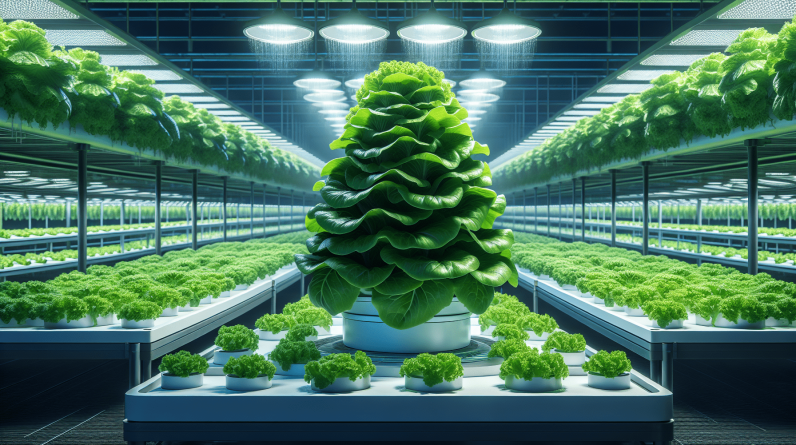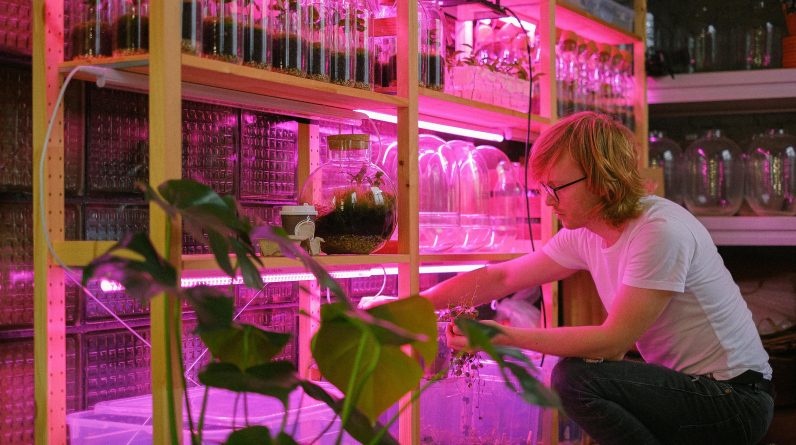
Have you ever wondered about the benefits and advantages of hydroponic growing systems? You may have heard about them but not fully understood how they work or why they are becoming increasingly popular. In this article, we will explore the various benefits and advantages of hydroponic growing systems, shedding light on how they can revolutionize gardening practices and provide a sustainable way to grow fresh produce. Let’s delve into the world of hydroponics and uncover the numerous advantages it offers.
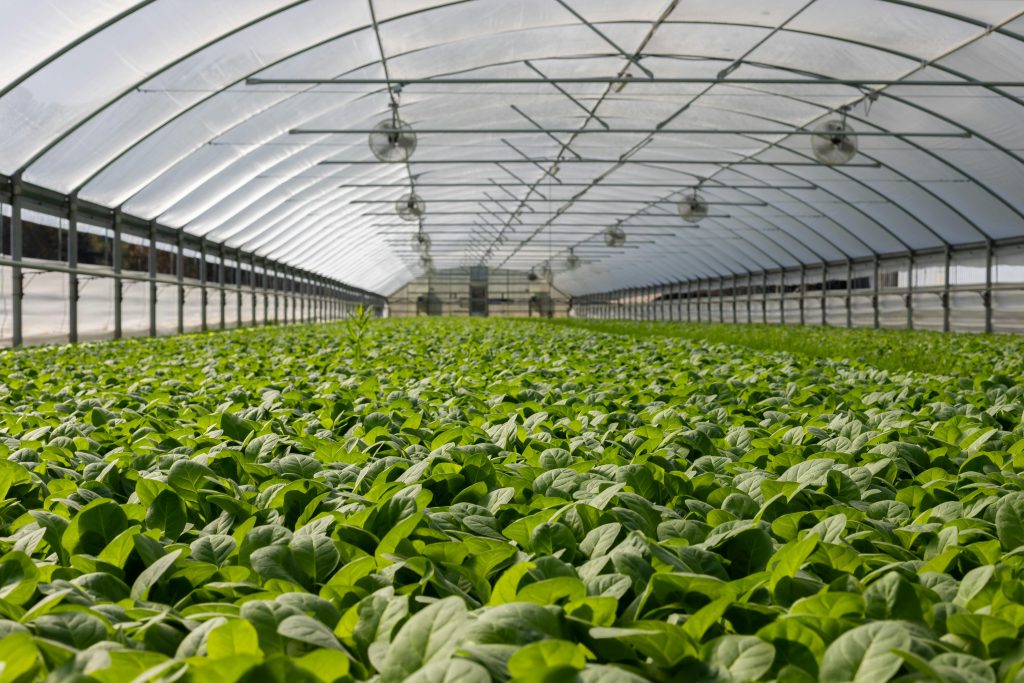
This image is property of images.pexels.com.
Understanding Hydroponic Growing Systems
Hydroponic growing systems are innovative methods of cultivating plants without the use of soil. Instead, plants are grown in a nutrient-rich solution that provides all the essential elements needed for growth. This method allows plants to absorb nutrients more efficiently, leading to faster growth and higher yields compared to traditional soil gardening. By eliminating the need for soil, hydroponic systems offer a cleaner and more controlled environment for plants to thrive.
How Hydroponic Systems Work
In a hydroponic system, plants are placed in a growing medium such as rockwool, perlite, or clay pellets, which provides support for the roots while allowing them to access the nutrient solution. The nutrient solution, a mixture of water and essential nutrients, is delivered directly to the roots through a pump or by using a method like drip irrigation. This direct delivery ensures that plants receive the necessary nutrients in the right quantities, promoting healthy growth and development.
Benefits of Hydroponic Growing Systems
The benefits of using hydroponic growing systems are vast and far-reaching. From increased yield and faster growth to water conservation and reduced risk of diseases, hydroponics offers a range of advantages that make it an attractive option for both commercial and home gardeners.
Increased Yield
One of the most significant advantages of hydroponic growing systems is the potential for increased yield. By providing plants with precisely what they need in terms of nutrients and water, hydroponic systems can promote optimal growth conditions, leading to larger and more abundant harvests. This increased yield is particularly beneficial for commercial growers looking to maximize their production and profits.
Faster Growth
In addition to higher yields, hydroponic systems also promote faster plant growth compared to traditional soil gardening. The controlled environment and direct delivery of nutrients enable plants to grow more efficiently, resulting in quicker maturation and harvest times. This rapid growth cycle allows for multiple harvests throughout the year, making hydroponics a time-efficient and productive gardening method.
Water Conservation
Hydroponic growing systems are incredibly water-efficient, using up to 90% less water than traditional soil gardening methods. The recirculating nature of hydroponic systems allows water to be reused multiple times, minimizing waste and conserving this precious resource. This water-saving feature is not only environmentally friendly but also cost-effective, making hydroponics a sustainable choice for water-conscious gardeners.
Reduced Risk of Diseases and Pests
One significant advantage of hydroponic growing systems is their ability to reduce the risk of soil-borne diseases and pests. Without soil, common pathogens and pests that typically thrive in traditional gardening environments are eliminated, leading to healthier plants with decreased susceptibility to infections. This reduced need for chemical pesticides and herbicides not only benefits the environment but also promotes safer and more natural growing practices.
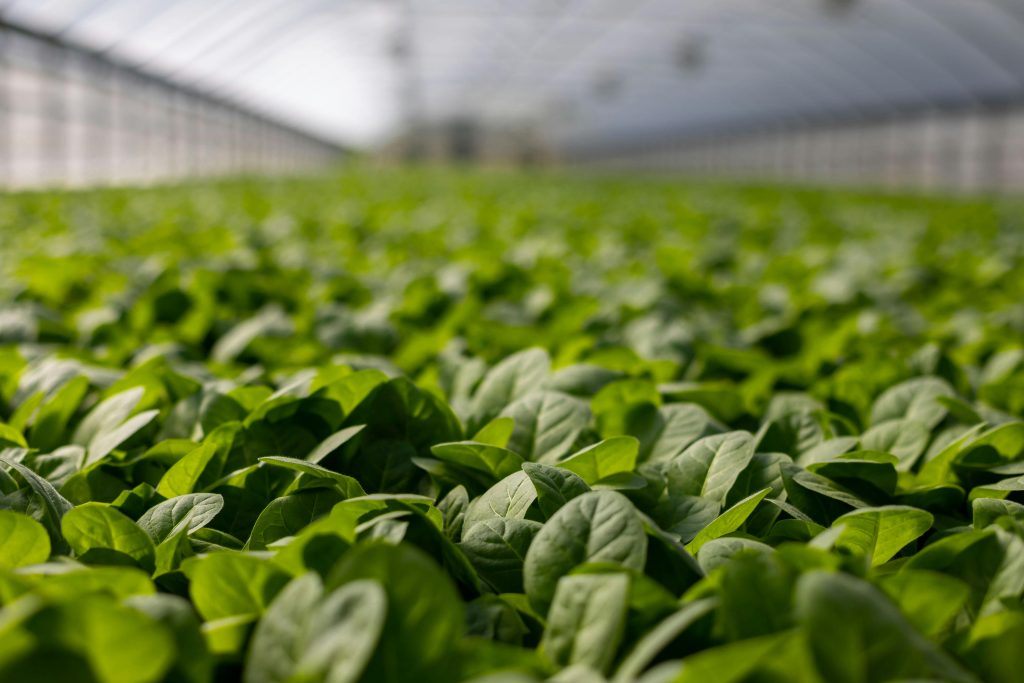
This image is property of images.pexels.com.
Advantages of Hydroponic Growing Systems
In addition to the specific benefits mentioned above, hydroponic growing systems offer a range of advantages that set them apart from traditional soil gardening methods. These advantages contribute to the overall appeal and effectiveness of hydroponics as a sustainable and efficient way to grow fresh produce.
Year-Round Cultivation
One of the key advantages of hydroponic growing systems is the ability to cultivate plants year-round, regardless of external weather conditions. By creating a controlled indoor environment, hydroponic systems allow gardeners to grow crops in any season, providing a consistent and reliable food supply. This year-round cultivation is especially valuable for regions with harsh climates or limited growing seasons, offering a solution to the challenges of seasonal gardening.
Space Efficiency
Hydroponic systems are inherently space-efficient, making them ideal for urban environments or limited gardening areas. The compact design of hydroponic setups allows for vertical stacking or horizontal arrangement, maximizing the use of available space. This space efficiency enables gardeners to grow a significant amount of produce in a small area, making hydroponics a practical choice for those with limited outdoor space or urban dwellers looking to garden indoors.
Nutrient Control
Another advantage of hydroponic growing systems is the precise control over nutrient levels and pH balance. By monitoring and adjusting the nutrient solution, gardeners can ensure that plants receive the optimal amount of essential elements for growth. This fine-tuned control over nutrients allows for customization based on plant needs, resulting in healthier and more productive crops. Additionally, maintaining the correct pH balance is crucial for nutrient absorption, and hydroponic systems make it easy to regulate acidity levels to promote plant health.
Sustainable Farming Practices
Hydroponic growing systems align with sustainable farming practices by conserving resources, minimizing waste, and reducing environmental impact. The water-saving features of hydroponics contribute to overall water conservation efforts, while the controlled environment reduces the need for chemical inputs and fertilizers. By promoting efficient resource use and eco-friendly gardening practices, hydroponic systems offer a sustainable approach to food production that supports environmental stewardship.
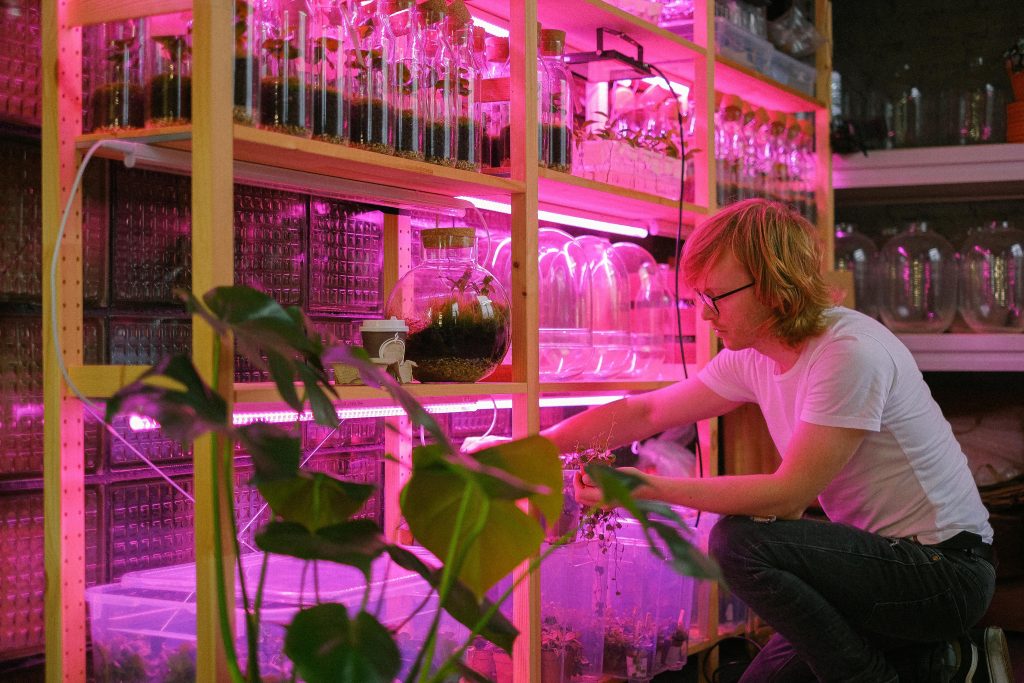
This image is property of images.pexels.com.
How Do Hydroponic Gardens Handle pH and Nutrient Balance?
One essential aspect of maintaining a successful hydroponic garden is managing pH and nutrient balance to ensure optimal plant growth. pH levels and nutrient concentrations in the nutrient solution play a critical role in plant health and productivity, making it essential to monitor and adjust these factors regularly.
pH Management
The pH level of the nutrient solution is a crucial factor in hydroponic gardening, as it directly affects nutrient availability and plant uptake. The ideal pH range for most hydroponic crops is between 5.5 and 6.5, although specific plants may have different preferences. To manage pH levels, gardeners can use pH test kits or meters to monitor the acidity of the nutrient solution and make adjustments as needed. Adding pH-up or pH-down solutions can help raise or lower pH levels to keep them within the optimal range for plant growth.
Nutrient Balance
Maintaining the proper balance of essential nutrients is key to the success of a hydroponic system. The nutrient solution should contain all the necessary elements in the right proportions to support plant growth and development. Key nutrients for hydroponic plants include nitrogen, phosphorus, potassium, calcium, and magnesium, among others. Regularly testing the nutrient solution and adjusting nutrient concentrations based on plant needs is essential for ensuring healthy crops and maximizing yields. Gardeners can use commercial nutrient mixes or create custom nutrient solutions tailored to specific plant requirements.
Overall, hydroponic growing systems offer a host of benefits and advantages that make them a compelling choice for modern gardeners. From increased yield and faster growth to water conservation and reduced risk of diseases, hydroponics provides a sustainable and efficient approach to cultivating fresh, nutritious crops. By understanding how hydroponic systems work and the advantages they offer, you can explore this innovative gardening method and harness its potential to transform your growing practices. So why not consider incorporating hydroponics into your gardening routine and experience the numerous benefits it has to offer?





